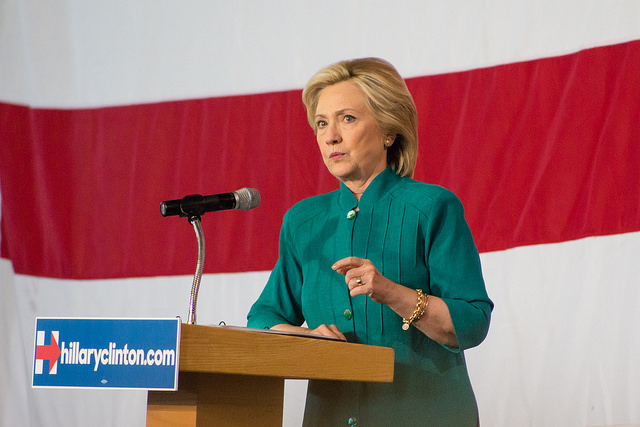
As a Presidential candidate in 2008, Hillary Clinton proposed a $9 billion Jimmy Carter style “windfall profits” tax on energy companies. By definition, this type of tax would be ultimately borne by families paying higher prices at the pump.
While campaigning for president in 2008, Hillary Clinton proposed imposing a temporary windfall profits tax on American oil companies, in response to rising gas prices: “What I would like to see us do is, if we have $4 gas, then we should have a windfall profits tax on these outrageous oil company profits.” Clinton proposed using this revenue to fund a gimmicky three-month gas tax holiday.
In addition to having a whiff of Marxism, history has shown that “windfall profits” taxes do not achieve their intended purpose. One was imposed in 1980, and a 1990 analysis by the non-partisan Congressional Research Service found a fraction of the projected revenue materialized. The tax also placed unfair burdens on domestic oil production, decreasing production by 3 to 6 percent and increased foreign imports by between 8 and 16 percent.
Although Hillary Clinton’s campaign was unable to find any economist who supported her proposal, she stubbornly defended this proposal because “some of them didn’t understand it and some of them don’t believe it could be done. She then said the opinion of these experts did not matter because ”you can find an economist to say anything.”
Clinton’s support for a “windfall profits” tax on oil companies is more than mere campaign rhetoric. As a U.S. Senator, Hillary Clinton voted in support of imposing such a tax on American oil companies in 2005, by voting to support an amendment to the “Tax Relief Act of 2005” (S Amdt. 2626).
With Hillary’s campaign promising “revenue enhancements” if she is elected President and her past support of Carter-era tax policy, Americans would be wise to keep an eye on their wallets.

